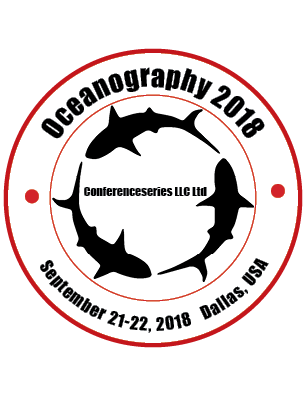
Andrew Ziegwied
ASV Global, USA
Title: Unique integrated autonomous solutions for monitoring ocean conditions in outer continental shelf environments
Biography
Biography: Andrew Ziegwied
Abstract
Statement of the Problem: A number of measurement systems are commonly employed to autonomously monitor the ocean conditions in the outer continental shelf to support energy development, military activities, shipping and other key Blue Economy industries. These methods are frequently limited by satellite orbits, sensor resolution, and atmospheric conditions. This problem becomes acute for obtaining reliable data on smaller meoscale features such as the frontal eddies (LCFE) along current systems. Satellite-tracked Lagrangian drifters are often combined with remote sensing data to track and measure currents. The limited drifter residency within features of interest creates gaps in coverage and necessitates regular drifter replacement. Acoustic Doppler Current Profilers (ADCPs) have been deployed into the GOM on many deepwater moorings, offshore platforms, and mobile drilling units (MODU), but these systems remain sparsely distributed and operate intermittently. There are a growing number of high frequency radar systems in use for observing coastal circulation, but their horizontal range and up-time are limited to shelf waters. And evolving industries, such as offshore wind, are just beginning to explore opportunities for collecting ocean data. The recent advances in autonomous surface vehicle (ASV) design, propulsion, software, and sensors have resulted in a proliferation of vehicles, including optionally manned conversions, for a multitude of missions. These technologies have created new opportunities to develop heterogeneous and collaborative unmanned systems based around smaller, lower-cost, unmanned surface, underwater and aerial vessels. We propose that diesel-electric powered ASVs with modular architectures can incorporate numerous interchangeable sensor payloads and allows one ASV unit to function as a multi-instrument platform to support other offshore operations. With over 30 days at 7 knots endurance capability and over the horizon communications, this technology represents a step change in offshore operations is a cost effective surrogate to the use of Regional Class Research/ Survey vessels to deliver the equivalent capability.

